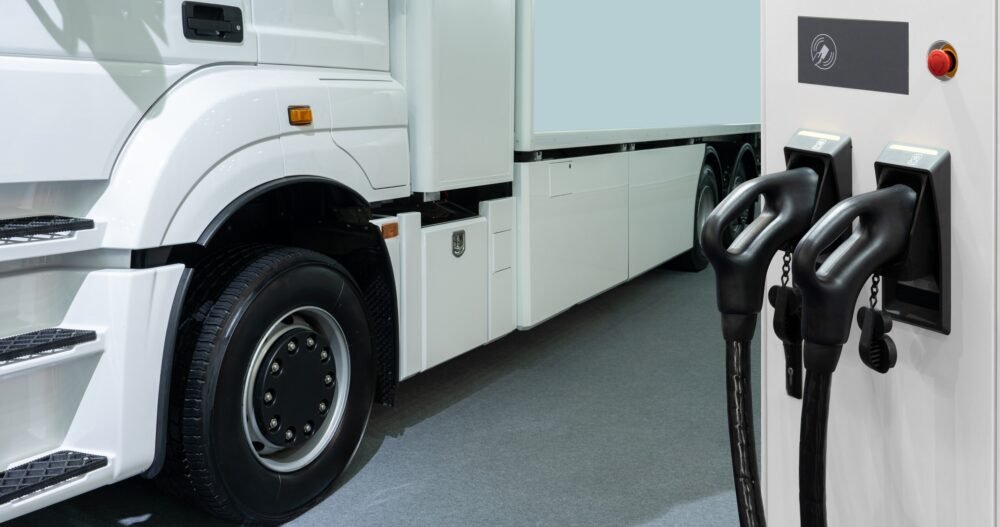Apply for Liechtenstein driving permit.The transport industry in Europe is undergoing a massive transformation. Electric and hydrogen-powered trucks are not just concepts anymore—they are rolling onto highways, making real deliveries, and challenging diesel’s long-standing dominance. While diesel will still be present for a few more years, the shift toward greener alternatives is inevitable due to EU climate targets, stricter emission regulations, and growing public demand for cleaner transport solutions. In short, diesel’s reign is ending, and electric and hydrogen trucks are taking the wheel.
Why Electric Trucks Are Gaining Momentum
Electric trucks are no longer experimental; they are becoming commercially viable. Manufacturers like Volvo, Mercedes-Benz, and Scania are producing electric heavy-duty vehicles capable of competing with diesel in range, load capacity, and reliability. The EU’s commitment to zero-emission transport, combined with incentives for green technology, is accelerating adoption.
If you’re curious about how electric trucks work and their technology, you can read more in this Electric Truck Wikipedia article.
The Rise of Hydrogen-Powered Trucks
While electric trucks dominate headlines, hydrogen fuel cell trucks are emerging as a serious contender—especially for long-haul routes. Hydrogen trucks offer fast refueling times, longer ranges, and better performance in cold weather. European infrastructure for hydrogen is still developing, but investment from both governments and private companies suggests rapid growth in the next decade.
Is Diesel Really Ending in Europe?
Diesel trucks still hold a large market share, especially in heavy logistics, but the EU has set aggressive targets to phase out fossil-fuel-powered vehicles. By 2035, most new trucks sold in Europe are expected to be zero-emission. Fuel prices, carbon taxes, and low-emission zones in cities are already making diesel less competitive. For fleet operators, switching to electric or hydrogen is not just about compliance—it’s about long-term cost savings and staying ahead in the market.
What This Shift Means for Drivers and Businesses
Drivers will need to adapt to new vehicle technologies, charging or refueling systems, and potentially new licensing requirements. Companies transitioning their fleets may look into how cross-border driving permits work within Europe. If you plan to work in logistics across multiple countries, it might be worth checking how to Apply for Liechtenstein driving permit to ensure smooth mobility.
Infrastructure: The Key to a Successful Transition
Charging and refueling infrastructure will decide how quickly electric and hydrogen trucks replace diesel. The EU is investing heavily in building high-speed charging corridors and hydrogen refueling stations along major trade routes. Once this infrastructure becomes widespread, diesel trucks will lose their last significant advantage.
The Road Ahead
The future of trucking in Europe is clearly moving toward electric and hydrogen technologies. Businesses that adapt early will benefit from lower running costs, compliance with environmental laws, and a better brand image. For drivers, staying informed, upgrading skills, and securing the right licenses—like when you Apply for Liechtenstein driving permit—will be key to thriving in this new era.
As the market evolves, it’s becoming evident that diesel trucks will soon be the exception, not the rule. Electric and hydrogen power are not just trends—they are the future of transport in Europe. So if you’re thinking about upgrading your fleet or career, now is the time to prepare and Apply for Liechtenstein driving permit for maximum flexibility on European roads.


